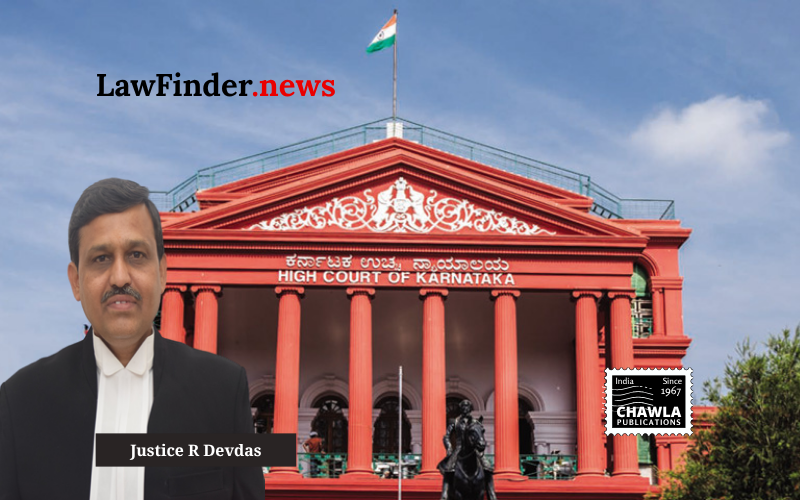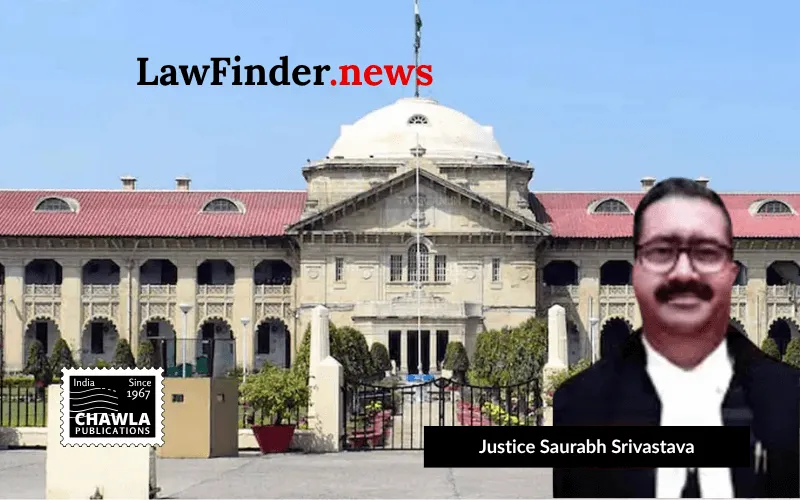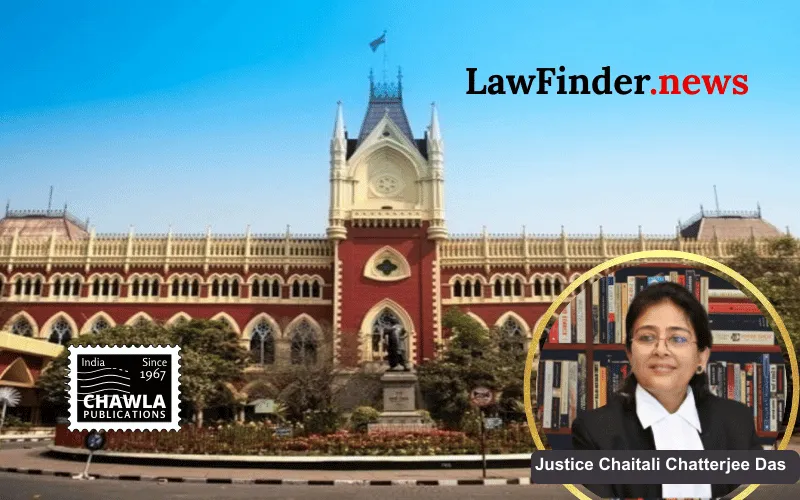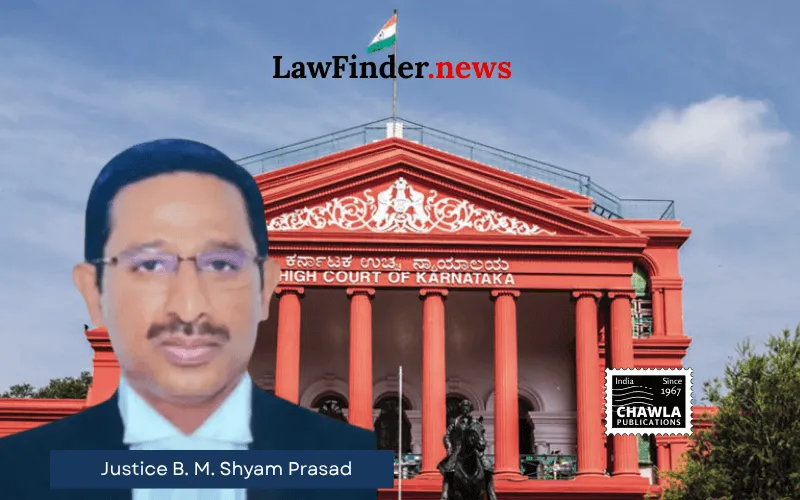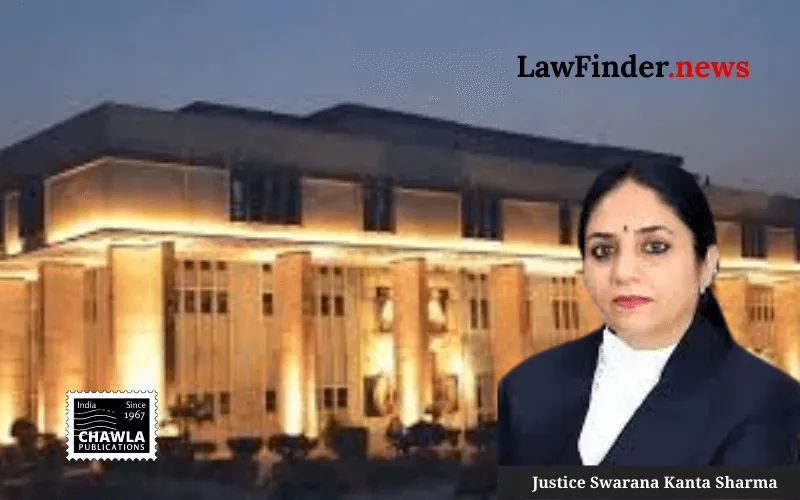NLSIU Directed to Provide Alternate Assessments and Course Options to Ensure Equal Participation
In a significant judgment, the Karnataka High Court has reinforced the importance of reasonable accommodations for students with disabilities, directing the National Law School of India University (NLSIU) to provide alternate assessments and course options for Ms. Neil Bruce, a student suffering from dyscalculia enrolled in the B.A., LL.B. (Hons.) program. Presiding Judge, Mr. R. Devdas, emphasized the necessity for educational institutions to align academic accommodations with statutory requirements, ensuring equal participation for students with disabilities.
The petitioner, Ms. Neil Bruce, sought exemption from the Economics subject, citing her specific learning disability, dyscalculia, which poses challenges in mathematical comprehension and calculations. The court acknowledged the petitioner's need for accommodations, referencing the Rights of Persons with Disabilities Act, 2016, and the Bar Council of India Rules of Legal Education, 2008.
NLSIU initially resisted granting a substitute subject, maintaining that their curriculum design adhered to the Bar Council's guidelines, which restrict the choice of major and minor subjects in the initial academic years. However, the institution offered reasonable accommodations by allowing the petitioner to opt-out of the 'Numbers' course, enrolling instead in 'History of Economic Thought', which does not involve mathematical concepts. Additionally, NLSIU agreed to provide alternate question papers for assessments in subjects involving mathematical calculations.
The court acknowledged the petitioner's academic struggle, having failed in eight out of twelve first-year subjects, and noted her readmission to the first year with accommodations for the 2025-2026 academic year. Despite these challenges, the court recognized the petitioner's intellectual capabilities and determination, commending her for securing admission to such a prestigious institution.
Ultimately, the High Court disposed of the writ petition, urging NLSIU to adopt a liberal approach in enabling Ms. Bruce to clear her first-year courses, particularly if she faces difficulties with Economy and 'History of Economic Thought'. The judgment underscores the judiciary's commitment to fostering inclusive education environments that accommodate diverse learning needs.
Bottom Line:
Reasonable accommodation must be provided by educational institutions to students with disabilities, including alternate question papers or courses, while designing curriculum in compliance with applicable regulations.
Statutory provision(s): Rights of Persons with Disabilities Act, 2016, Section 2; Bar Council of India Rules of Legal Education, 2008, Schedule-II, Clause-3
